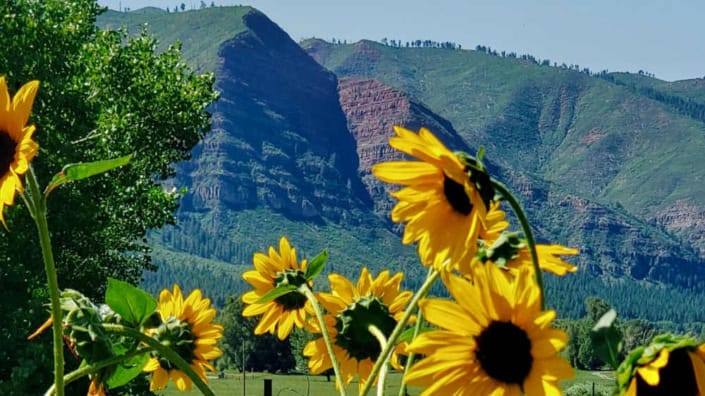
“The Sunflowers” by Mary Oliver
We can move beyond being a mere acquaintance to become a true friend to the sunflower, if we simply take the time to listen.
/by Stephen Scott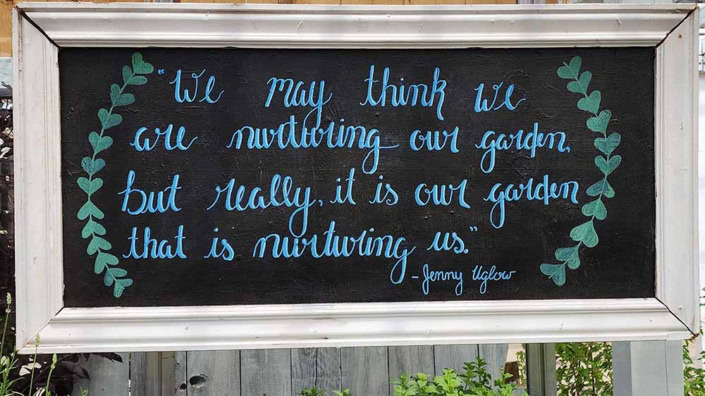
The Value of a Home Garden
Learn about the true value of a home garden in enhancing well-being and providing a soothing escape from daily challenges.
/by Stephen Scott
A Systems Approach to Gardening Success
Uncover the power of a systems approach for gardens. Understand the interconnectedness of plants, insects, soil, and more for a thriving ecosystem.
/by Stephen Scott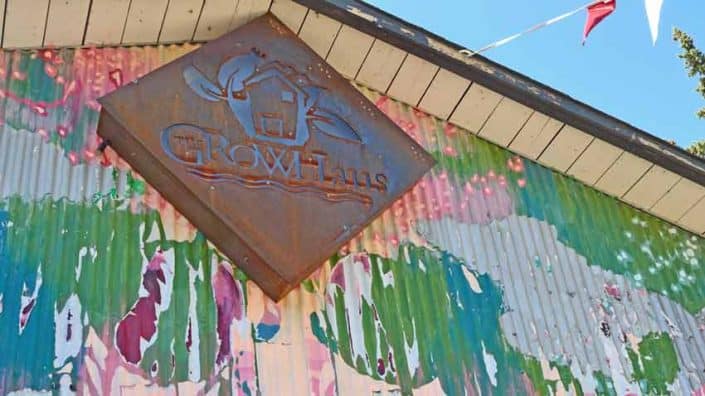
GrowHaus – Making Good Food Happen
GrowHaus is an indoor farm, marketplace and educational center in north Denver, CO. They live their motto of "Healthy food is a right, not a privilege."
/by Stephen Scott
Acres USA Feature: Soil to Seed
The January 2015 Acres USA magazine features Terroir Seeds. This will give you great insight into what makes Terroir Seeds so unique in today’s seed world.
/by Stephen Scott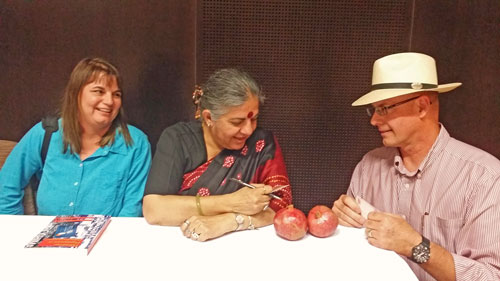
Future of Food: Dictatorship or Democracy?
Is the future of our food a democracy or dictatorship? How can we choose to make our food system a better place? We look at some possibilities.
/by Stephen Scott
Seed Quality from Two Perspectives
Seed quality is important to the home gardener, small scale grower and large farmer. Make better choices and buy wiser by understanding seed quality
/by Stephen Scott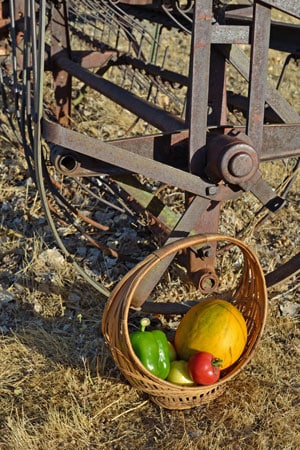
Resiliency and the Ripple Effect
Resiliency once was similar to self-sufficiency, and it still applies in that respect. Positive ripples come about when others learn resiliency and share.
/by Stephen Scott
Thoughts on Selected Wendell Berry Quotes
Wendell Berry's quotes have had a profound impact on me and what has become Terroir Seeds. I share thoughts on a few quotes on gardening and growing food.
/by Stephen Scott
Carlo Petrini’s Speech to Slow Food USA Delegates
We present Carlo Petrini's reception speech to the Slow Food USA delegates to the 2012 Terra Madre conference in Turin, Italy.
/by Stephen Scott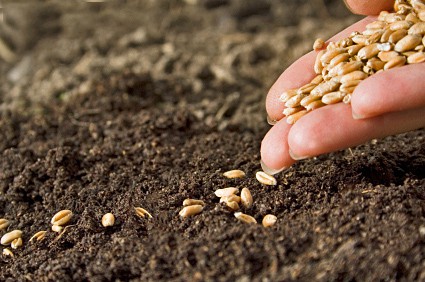
Help Build a Better World
We need to build a better world, you and I. There has never been more of a need than there is today. There has also never been a better time.
/by Stephen Scott
What Are Heirloom Seeds?
Unleash the flavor of the past with heirloom seeds. Find out how these seeds can bring back memories of delicious, homegrown produce.
/by Stephen Scott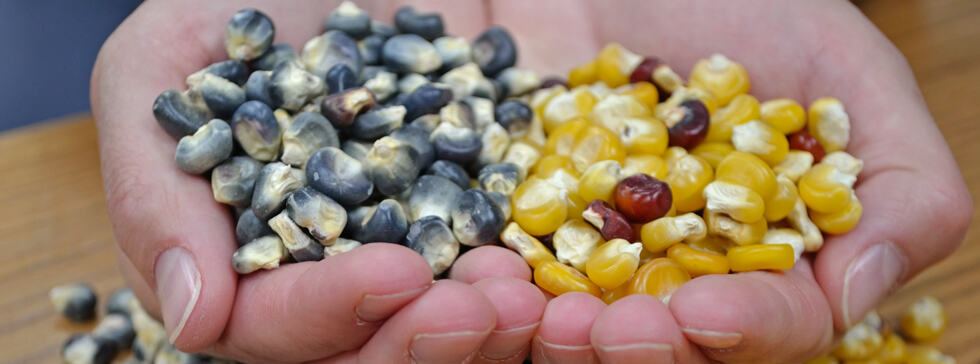
The Tale of Two Seeds- Heirloom vs Hybrid Seed Production
A look at two seed production models- heirloom seed vs hybrid seed- is presented from a quality vs quantity viewpoint.
/by Stephen Scott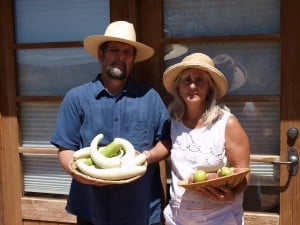
Terroir-ist’s Manifesto for Eating
The Terroir-ist's Manifesto for Eating asks you to deeply consider where your food comes from, in in considering it, get to know it much better.
/by Stephen Scott